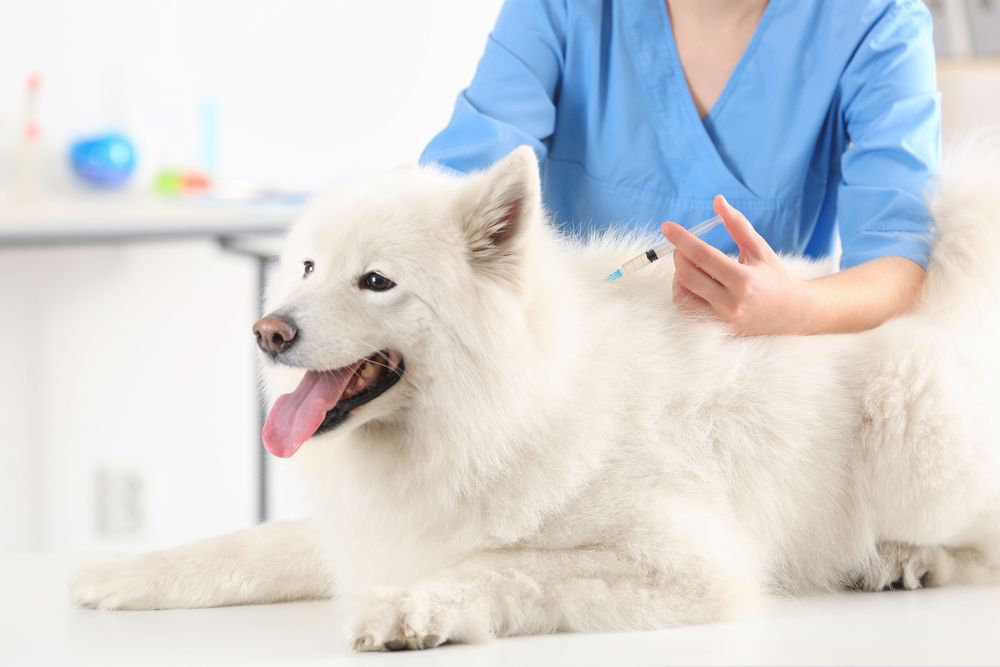When Should I Get My Pet Vaccinated?
Table of Contents

When should you vaccinate your pet? Veterinarians generally recommend vaccinating your pet every year. Normally, pets receive their first two to three vaccines at around six to eight weeks old. The final vaccine is given at 16 weeks old, but not before then because the antibodies in the breastmilk of the pet's mother can affect the vaccines.
To know whether your adult pet needs to get vaccinated, your vet can perform a titer test. This inexpensive test checks the number of antibodies in your pet’s body to show whether your pet needs a booster.
Why Is Vaccination Important?
To give your kitten or puppy a healthy life, you must keep them up-to-date on vaccinations. Vaccines prepare your pet’s immune system to fight attacks from illness-causing germs and bacteria.
The vaccines contain substances that resemble the illness-causing bacteria but do not trigger the illness. When the vaccine enters your pet's body, it mildly stirs up the immune system. If your pet ever comes into contact with a real illness, his or her immune system is ready to identify and fight off the illness entirely, or minimize its severity at the very least.
That said, not every puppy or kitten needs to receive vaccines for every illness. It is very important to work with your pet’s healthcare provider to develop a vaccination routine that suits your pet. Your vet will examine your pet’s age, environment, medical history, and lifestyle before giving any vaccines.
Core and Non-Core Pet Vaccines
Core vaccines are vaccines that are very important and recommended for all pets. Non-core pet vaccines, on the other hand, are vaccines that are given based on the pet’s routine. For example, your vet may recommend certain injections if your dog or cat spends much time outdoors or in lodgings. Many veterinarians highly encourage giving core vaccines to pets.
Core Pet Vaccines
Vets administer core vaccines based on the risk of contact with a disease, the harshness of the disease, and how infectious the disease is to humans.
For cats, the core vaccines include injections for rabies, feline distemper virus, feline herpesvirus type 1, and feline calicivirus. Non-core vaccines include shots for Bordetella, feline immunodeficiency virus, feline leukemia virus, and Chlamydophila felis.
For dogs, vaccines for rabies, canine hepatitis, canine parvovirus, and canine distemper are the core vaccines. Non-core vaccines include injections against Borrelia burgdorferi, Bordetella bronchiseptica, and Leptospira bacteria.
Your vet will help you learn what vaccines are right for your four-legged friend.
How Often Do You Need to Vaccinate Your Pet?
Your pet's healthcare provider can determine how often you need to vaccinate your pet. This will rely on the type of vaccine, your pet's medical history, age, living conditions, and lifestyle.
Puppies and kittens automatically get antibodies in their mothers' breastmilk; vaccinations start when they are 6 to 8 weeks old until they turn 16 weeks. For adult dogs and cats, vaccination can be done annually or after every 3 years, or much later.
For more information on pet vaccinations, visit us at Bridge Park Animal Hospital in Johns Creek, Georgia. Give us a call at (470) 768-8755 to schedule an appointment today.
